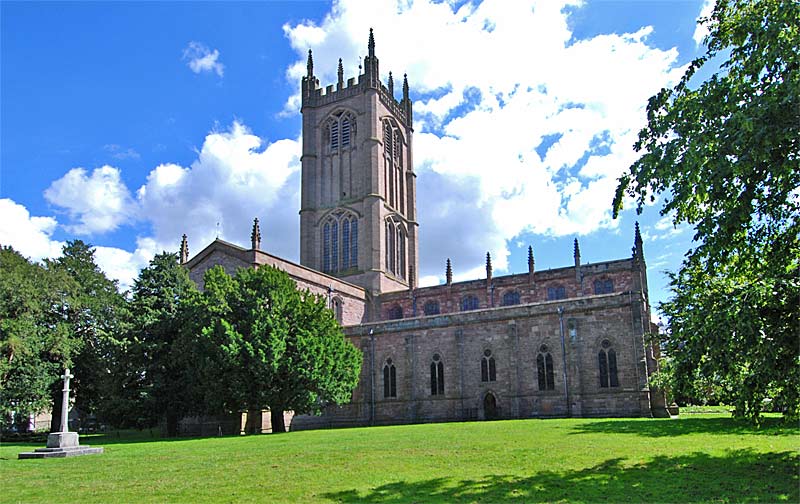
Part I
Part II
Part III
Part IV
Part V
Part VI
Part VII
Part VIII
Part IX
Part X
Part XI
Part XII
Part XIII
We conclude this series with a focus on a nationalistic liturgical prayer of the Protestant Church in England in the seventeenth century, in the aftermath of the Reformation.
In 1606, 5 November became a day of national thanksgiving in England for King James I’s survival of the Gunpowder Plot following the arrest of Guy Fawkes. From 1662, the Church of England led the celebrations with the introduction of an annual liturgical Form of Prayer with Thanksgiving, which included the following prayer:
We confess, it was thy mercy, thy mercy alone, that we were not then consumed [by the plot]. For our sins cried to heaven against us; and our iniquities justly called for vengeance upon us. But thou hast not dealt with us after our sins, nor rewarded us after our iniquities; nor given us over, as we deserved, to be a prey to our enemies; but didst in mercy delivered us from their malice, and preserved us from death and destruction. Let the consideration of this thy goodness, O Lord, work in us true repentance, that iniquity may not be our ruine. And increase in us more and more a lively faith, and fruitful love in all holy obedience, that thou maist continue thy favour, with the light of thy Gospel to us and our posterity for evermore; and that for thy dear Sons sake, Jesus Christ our only Mediator and Advocate. Amen.
As Steven from the Calvinist International comments:
as can be seen from the form of the prayers and the combination of the scripture readings, the intent was to model Protestant England after the Old Testament kingdom of Israel, a nation in covenant with God, though it never suggests that only England is in covenant with God, nor that its national blessing is anything other than a free gift of God.
Further, remember that this idea of a covenanted English nation was understood in the traditional and biblical sense of the concept as a called and sanctified ethnic or subracial group unified by a common ancestry and concerned with a common posterity. Lineage was therefore central to the national identity. This was the doctrine of race and nationhood adhered to and proclaimed during the Reformation and by the Churches established through the Reformation.
| Tweet |
|
|
|




